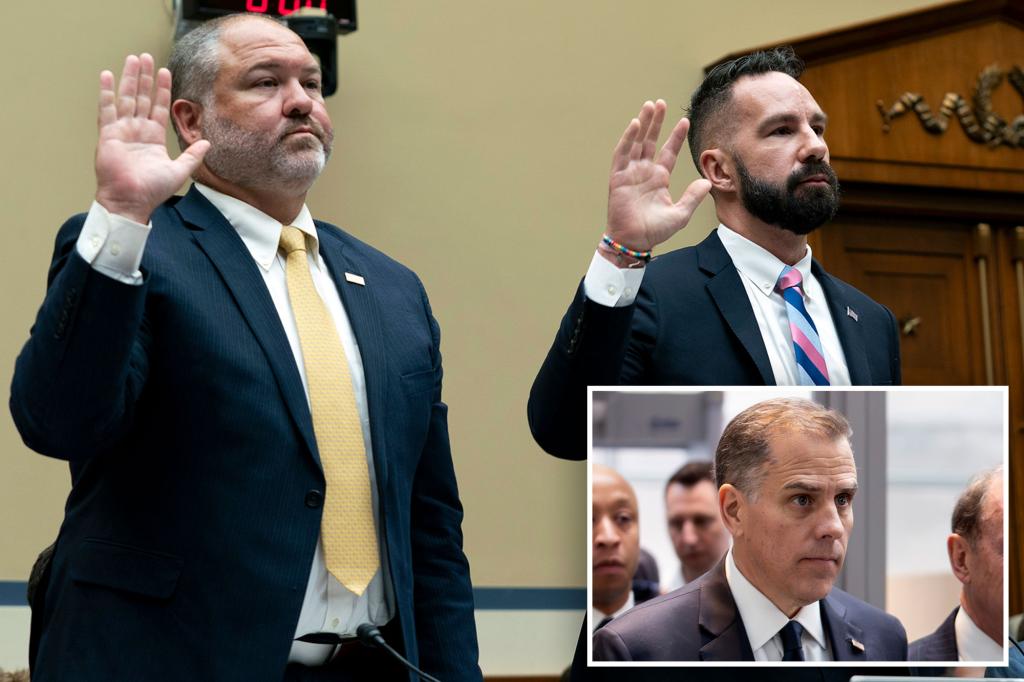Hunter Biden, the son of President Joe Biden, filed a lawsuit against the IRS in September of last year. The lawsuit alleged that his tax information had been improperly leaked by the agency. This legal action sheds light on the issue of taxpayer privacy and the potential ramifications of unauthorized disclosures of sensitive financial information. The lawsuit also brings attention to the fact that even high-profile individuals such as Hunter Biden are not immune to potential breaches of their privacy and confidentiality.
The lawsuit filed by Hunter Biden against the IRS underscores the importance of safeguarding taxpayer information and ensuring that it is handled in a secure and confidential manner. The unauthorized disclosure of tax information can have serious consequences, both for the individual whose information is leaked and for the integrity of the tax system as a whole. By taking legal action against the IRS, Hunter Biden is seeking accountability for the alleged improper leak of his tax information and sending a message about the importance of protecting taxpayer privacy rights.
The legal battle between Hunter Biden and the IRS highlights the challenges of maintaining the confidentiality of tax information in an era of increasing digital connectivity and data breaches. As more and more personal and financial data is stored electronically, the risk of unauthorized access and leaks of sensitive information grows. The lawsuit serves as a reminder of the need for robust protections and safeguards to prevent the unauthorized disclosure of taxpayer information and preserve the privacy rights of individuals.
The lawsuit filed by Hunter Biden against the IRS also raises questions about the potential motives behind the alleged leak of his tax information. The timing and circumstances of the alleged unauthorized disclosure may suggest political motivations or an attempt to discredit Hunter Biden and his family. As a prominent public figure, Hunter Biden is no stranger to scrutiny and controversy, and the leak of his tax information may have been intended to tarnish his reputation or generate negative publicity.
The legal implications of the lawsuit filed by Hunter Biden against the IRS are significant, as it brings into question the agency’s handling of sensitive taxpayer information and the measures in place to prevent unauthorized disclosures. The outcome of the legal proceedings could have far-reaching consequences for both Hunter Biden and the IRS, as well as for the broader debate about privacy rights and government transparency. The case underscores the need for accountability and transparency in government agencies’ handling of confidential information and the importance of upholding the privacy rights of all individuals.
Overall, the lawsuit filed by Hunter Biden against the IRS over alleged improper leaks of his tax information raises important issues about taxpayer privacy, government accountability, and the challenges of safeguarding sensitive financial data in the digital age. The case highlights the risks of unauthorized disclosures of taxpayer information and the need for robust protections to prevent such breaches. As the legal proceedings unfold, the outcome of the lawsuit will be closely watched for its potential impact on the privacy rights of individuals, the integrity of the tax system, and the transparency of government agencies.


